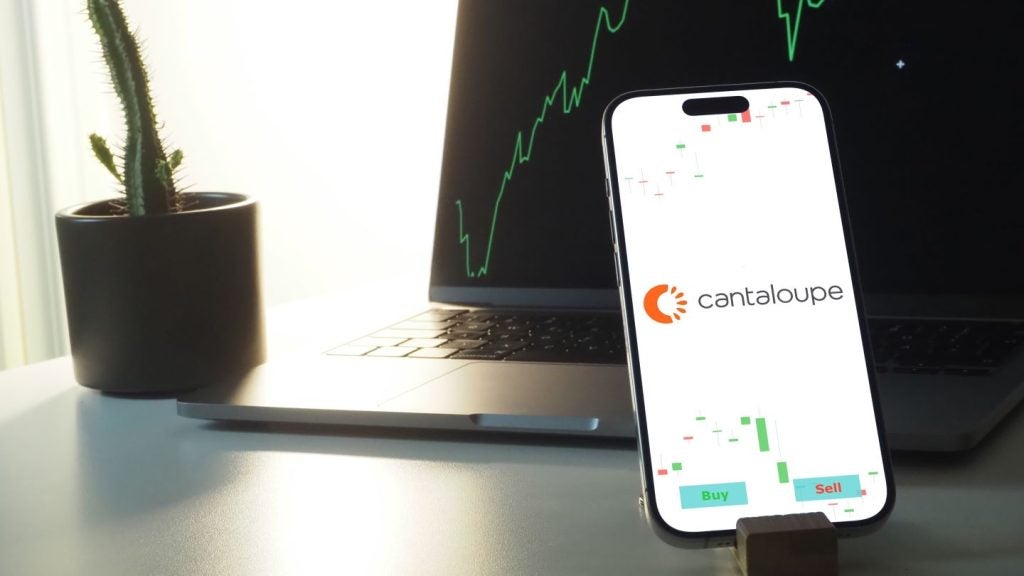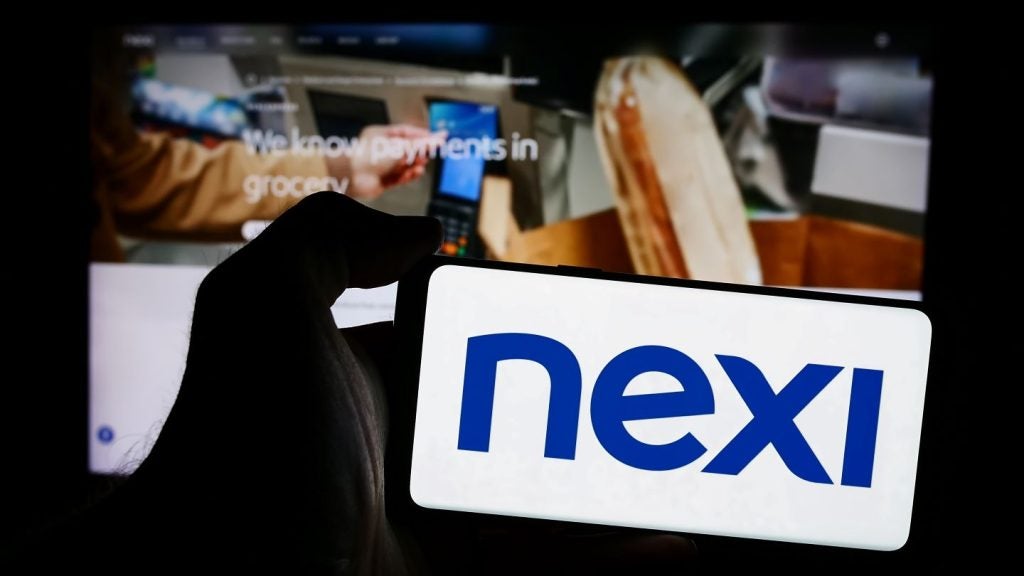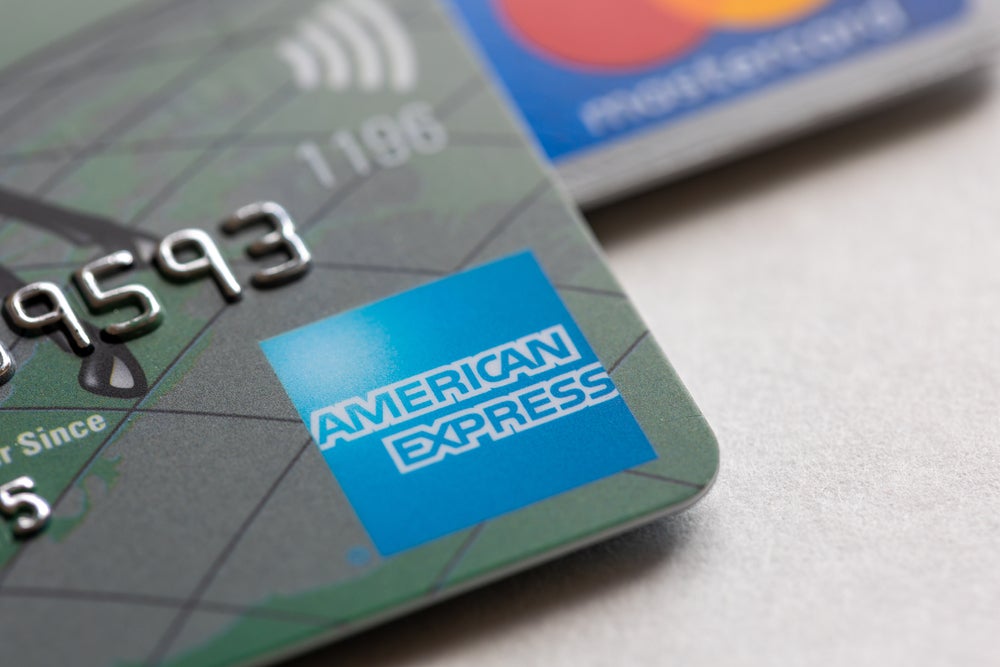Signaling its ever-deeper move
towards a digital payments future and as a result of the resilience
of online fraud, Visa is set to pay $2bn in cash for e-commerce
payment processor CyberSource in a deal that strengthens its
position in mobile commerce.
CyberSource’s fraud prevention
technology is expected to help Visa to increase online use of the
credit, debit and prepaid cards that bear its name, while also
positioning the company as a major player in mobile payments. The
acquisition, the largest in Visa’s history, positions the credit
card giant for a move into new revenue streams as well.
Security for
merchants
CyberSource receives a small
transaction fee for providing their services, revenues that Visa
hopes to increase as CyberSource expands. The company provides a
payment gateway for online merchants, connecting them to the
payments networks in much the same way that POS terminals do in the
physical world.
More importantly, the company
provides additional services like fraud prevention and security for
merchants – products that are growing more important daily and that
Visa could market through its vast global network.
CyberSource, based in Mountain
View, California, handles about 25% of online transactions in the
US. Its more than 295,000 clients include Home Depot, British
Airways and Google. Visa and CyberSource have worked together since
1999, and currently collaborate on risk models built into
CyberSource’s automated fraud management.
Visa CEO Joseph Saunders said in a
conference call with reporters that the deal was also about
maintaining the company’s market share in a changing payments
landscape.
“It also happens to be consistent
with what we think our long-term strategies ought to be,” Saunders
added.
He said the deal would “leverage
the Visa brand globally” and increase “the usage of Visa debit,
prepaid and credit products for online purchases”.
“We are paying attention to PayPal,
as well as other companies getting into the e-commerce space, and
we are obviously concerned that it would have an effect on our
market share,” Saunders said.
CyberSource CEO Michael Walsh will
continue to oversee CyberSource’s operations, while the company’s
executive chairman and founder, William McKiernan, will join Visa
as an executive adviser to assist in the integration of the two
businesses.
Expand market
share
Adam Frisch, an analyst at Morgan
Stanley, said in a note to investors that the deal should enable
Visa to not only expand its leading market share in e-commerce in
the US, but also help it develop markets outside the country.
It is hard to imagine that Visa is
threatened by the competition, given its dominance of the overall
payments market, but PayPal and other online payments scheme have a
more impressive share of the online market.
PayPal may have 12% to 14% of the
$500bn global e-commerce market by next year, according to
estimates by Mercator Advisory Group in Maynard, Massachusetts.
Visa has said that its share of the e-commerce market is about
47%.
CyberSource currently plays a role
in about 25% of all online commerce transactions in the US. The
company’s revenue grew from $27.5m in 2003 to $265.2m last year,
when it processed about $120bn through its system, or about one out
of every four dollars spent online in the US. It earned $11m in
2009 on revenue of just over $265m. For 2010, the company forecast
profit between $14.5m and $15m on revenue between $310m and
$315m.
Visa paid a handsome price for
CyberSource, as the purchase price of $26 per share represents a
34% premium over its price on the day of the deal. The acquisition
is the largest in Silicon Valley announced this year, according to
the 451 Group in San Francisco.
Observers and analysts said the
acquisition should help Visa in future competition with PayPal, the
online payment subsidiary of San Jose-based eBay. That competition
should increase as Visa continues to expand in e-commerce outside
the US.
The deal also is part of a
strategic effort shift in Visa’s security efforts, as the card
company moves its focus from retail locations, where anti-fraud
capabilities have improved dramatically in recent years, to the
Internet and especially to mobile phones.
Given its strong cash position and
capacity to generate cash flows from existing operations, the
rating agency Standard & Poor’s said that Visa will be able to
fund the transaction entirely from existing resources and without
issuing debt.
“The acquisition provides Visa with
an opportunity to expand its position in the fast-growing
e-commerce space where CyberSource performs, among other services,
payment routing for online merchants, including fraud management,”
the agency said.
“Although CyberSource’s current
contribution to consolidated earnings is, in our view, minuscule,
we believe that this acquisition represents a good strategic fit
and allows Visa to develop its participation in a potentially
profitable area of future payment services.
“We believe that through
e-commerce, Visa has an opportunity to increase the use of its
debit and credit cards, especially cross-border transactions, and
also to build out its capacity in the area of alternative payment
systems.”
That is especially important in
mobile payments, which are widely considered the next great
battleground for fraud detection.
Visa’s acquisition of an online
payment processor and services provider marks a radical change in
the network’s position in the payment value chain, and is a clear
stake in the ground when it comes to defending market share in
online payment transactions.
Cybersource recently released its first quarter results. CEO
Walsh said net income of $3.8m showed the business was continuing
to grow in eCommerce both domestically and internationally.
Transactions increased 34% compared to the same period last year,
to 738m.







